
3 minute read
BARCADES



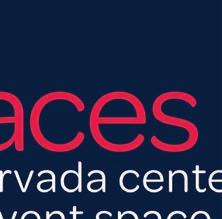
one-of-a-kind barcade is Akihabara, which, while located in Westminster, transports visitors to the Tokyo gaming district that gives the business its name.
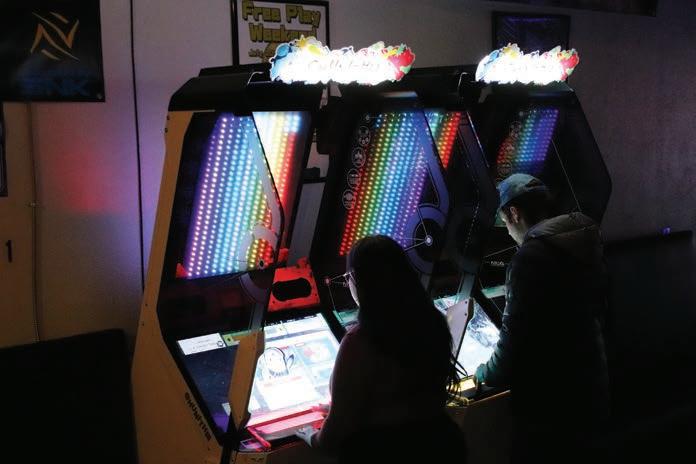
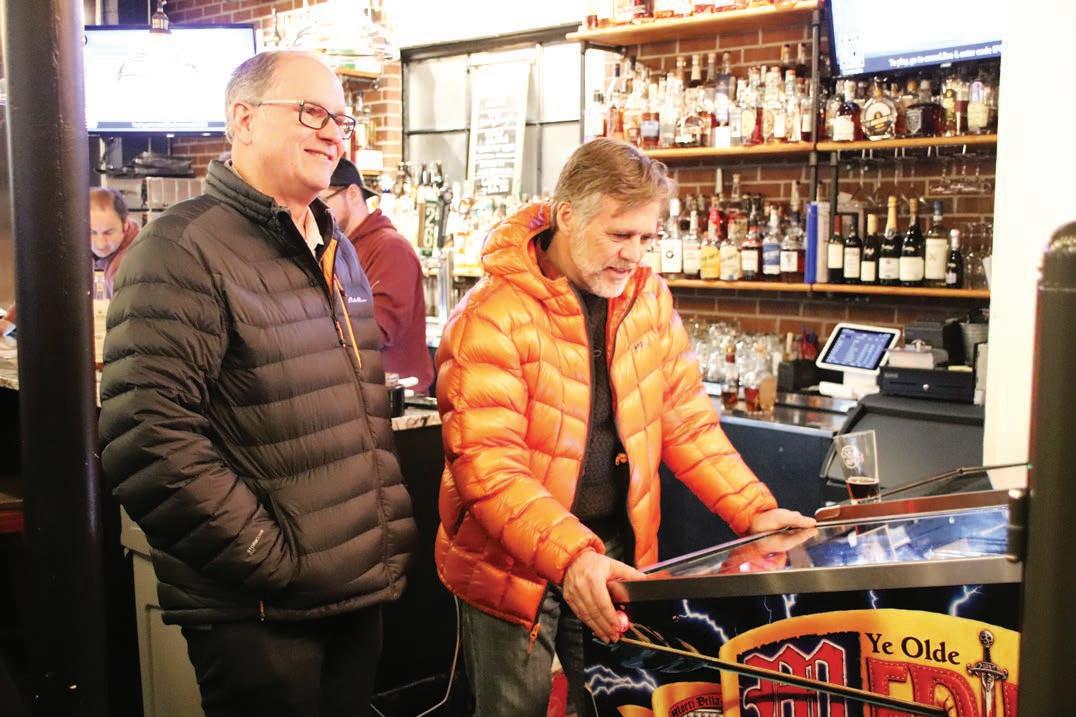
Owner Brandon Osha said he was blown away when he had the chance to visit Akihabara and take in its blocks of multi-story arcades.
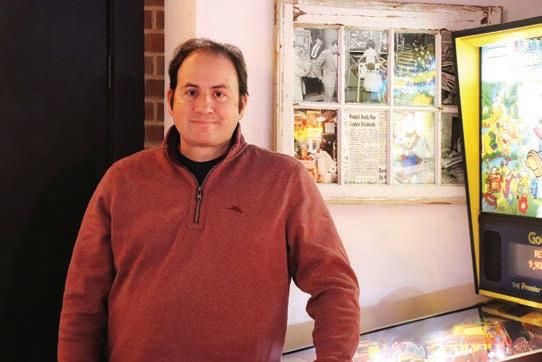
“The first time I went to Akihabara I knew I wanted to bring that here because it’s amazing,” Osha said.
He did just that by opening Akihabara in 2016.
Similar to Nikolich, Osha grew up with a love of gaming and worked at a local arcade and GameStop. Instead of pinball though, Osha’s games of choice came in arcade cabinets, which he began collecting at age 16.

Currently, Akihabara offers 52 arcade cabinets with around 65 games, but Osha has plans to expand his location with 25 new games and additional space, which he said will be complete this summer.

Osha said the game selection, which includes fighting games, rhythm games and nostalgic classics, definitely sets Akihabara apart.
“You never see this many (arcade cabinets) in one place,” he said. “We have such a different variety of games that you won’t find anywhere else in Colorado.”
One of the stranger and more rare games Akihabara offers is a Japanese table flipping game called Cho Chabudai, but more well-known games include Third Strike, Monkeyball, Typing of the Dead and Pretty Soldier Sailor Moon. All of the games are $1 or less to play.
Osha said a lot of people come in seeking a specific game that’s hard to find anywhere else, but he encourages visitors to try whatever piques their interest, even if they can’t necessarily read the Japanese instructions.
“I think it’s a lot of games that people have never seen, but they might find something that they like,” he said. “Plus, it’s usually only three buttons and a joystick, so they’re not too hard to learn.”

Akihabara’s focus on Japanese culture carries over into the bar offerings, which include Japanese beers and cocktails made with Japanese liquor, as well as a variety of packaged snacks and ramen options.
Overall, Osha said he tries to provide a space that’s both niche and for everyone, describing the Akihabara crowd as a welcoming hodgepodge.
“If you’re looking to find a friend, you’ll find one around here somewhere,” he said.
Letter To The Editor
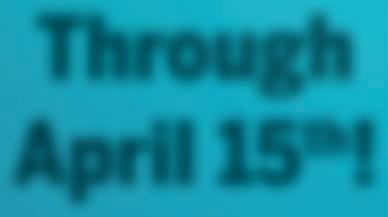
We need these programs
Some elected o cials have signaled they want to eliminate socalled “entitlement” programs, such as Social Security, Medicare, Medicaid and Veteran’s Bene ts. ese programs are not gifts; look at your paycheck and you will see that you pay for Social Security, Medicare, and Medicaid each time your employer pays you. Even if you have your own business, you have to pay into the program.
It is wholly irresponsible to even discuss the elimination of these programs, given society’s existential crises related to high cost of living and the widening wealth and income gaps. Also, minimum wage workers still must pay Social Security payroll tax and Medicare payroll tax – because these programs are not gifts.
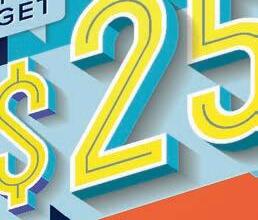

Our older residents devoted their entire lives serving our society and helping the economy. It is heartbreaking to listen to wealthy politicians demonize these life-saving programs that were established to make sure that our residents can have some support and live with dignity during their lifetime. Currently, in the richest country in the world, 4.9 million seniors live in poverty, according to the Congressional Research Service. e average Social Security old age bene t is $1,400 per month. is is not enough to pay rent and eat. In Westminster and Arvada, 40-60% of whatever is left over of income is spent on the ridiculously high costs of housing. Now add to that the need to also pay for utilities, transportation, food, healthcare, and everything else. ese economic stressors not only make it impossible to establish actual nancial security (e.g., savings, investments), but eliminating these programs disproportionately impacts older residents, rippling nancial burdens throughout the family. e bottom line is that we need to reimagine and decentralize the shaping of policy decisions related to these life-saving bene ts, towards a design that re-centers the interests of marginalized populations in the policy process and enable policy that actually helps their quality of life.
Medicare is not free. Monthly payments to Medicare currently are $170.10 for Part B, plus Supplemental insurance costs range from $0 to $400 per month. And there are deductible and co-insurance to be paid, as well. ose of us who use prescription plans are well aware of the “donut hole” causing us to pay privately for the $300 per vial cost of insulin out of that $1,400 per month.
Obi Ezeadi, Westminster City Councilor
Bonnie Sellers, Federal Heights City Councilor










